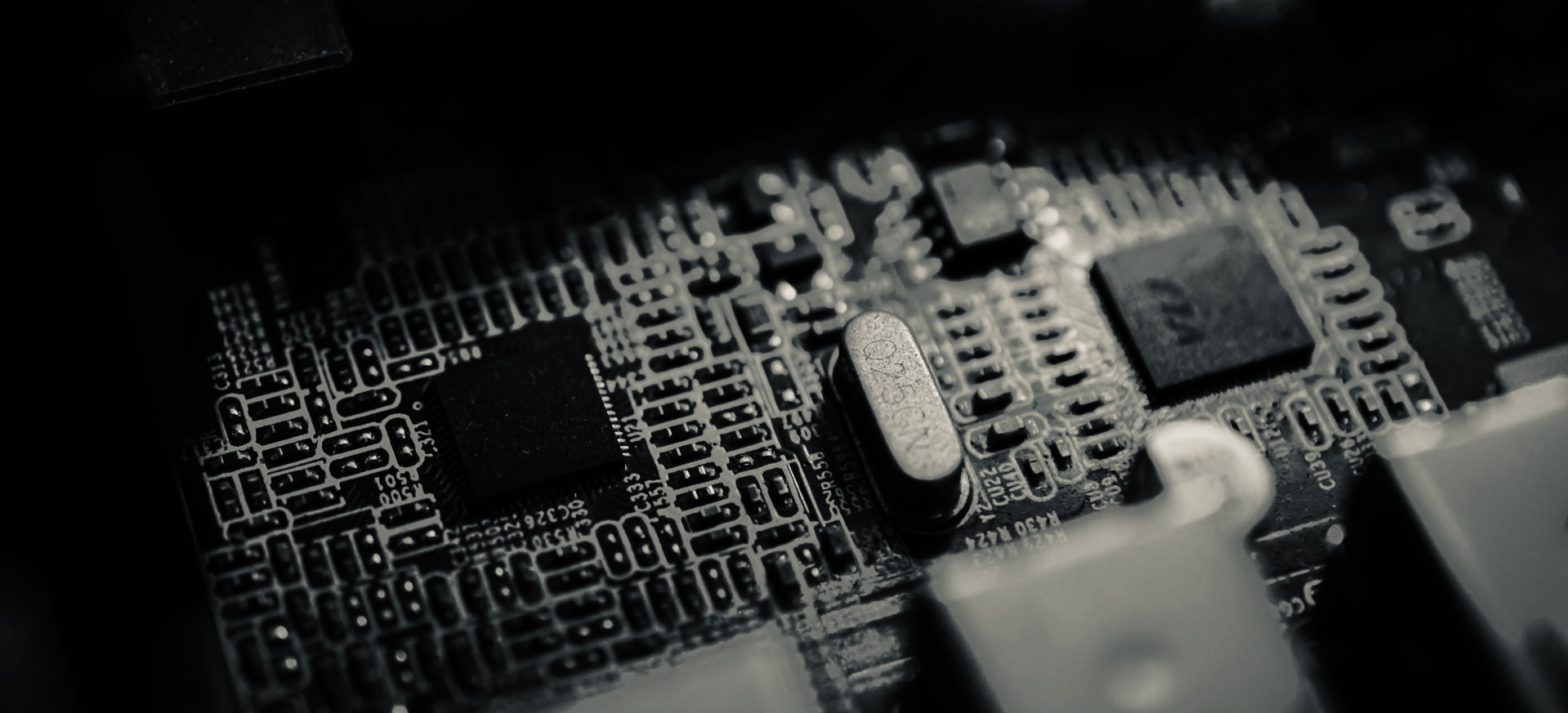There’s a worldwide shortage of semiconductor chips. Across industries. Nearly every device we own today has chips, and often dozens of them. We think of chips as essentially infinite in number. But:
Industry executives also blame excessive stockpiling, which began over the summer when Huawei Technologies Co. — a major smartphone and networking gear maker — began hoarding components to ensure its survival from crippling U.S. sanctions… Rivals including Apple, worried about their own caches, responded in kind… “There’s a chip stockpiling arms race,”
All that has dried up the spigot for smaller-volume buyers such as the makers of cars and gaming consoles: Nintendo Co., Sony and Microsoft Corp. have struggled to make enough Switches, PlayStations and Xboxes for about a year… [a] growing chorus of industry leaders warning in recent weeks they can’t get enough chips to make their products. Carmakers appear in direst straits and have spurred the U.S. and German governments to come to their aid
– “Chip Shortage Spirals Beyond Cars to Phones and Consoles”
We discuss the centralisation of the Internet on this site. This article shows that even the other end of the stack – chips, the building blocks of hardware, are centralised.
It also shows that while we aren’t wrong in thinking of the Internet and software in general as infinite, there are real physical constraints for the hardware that it all runs on.

